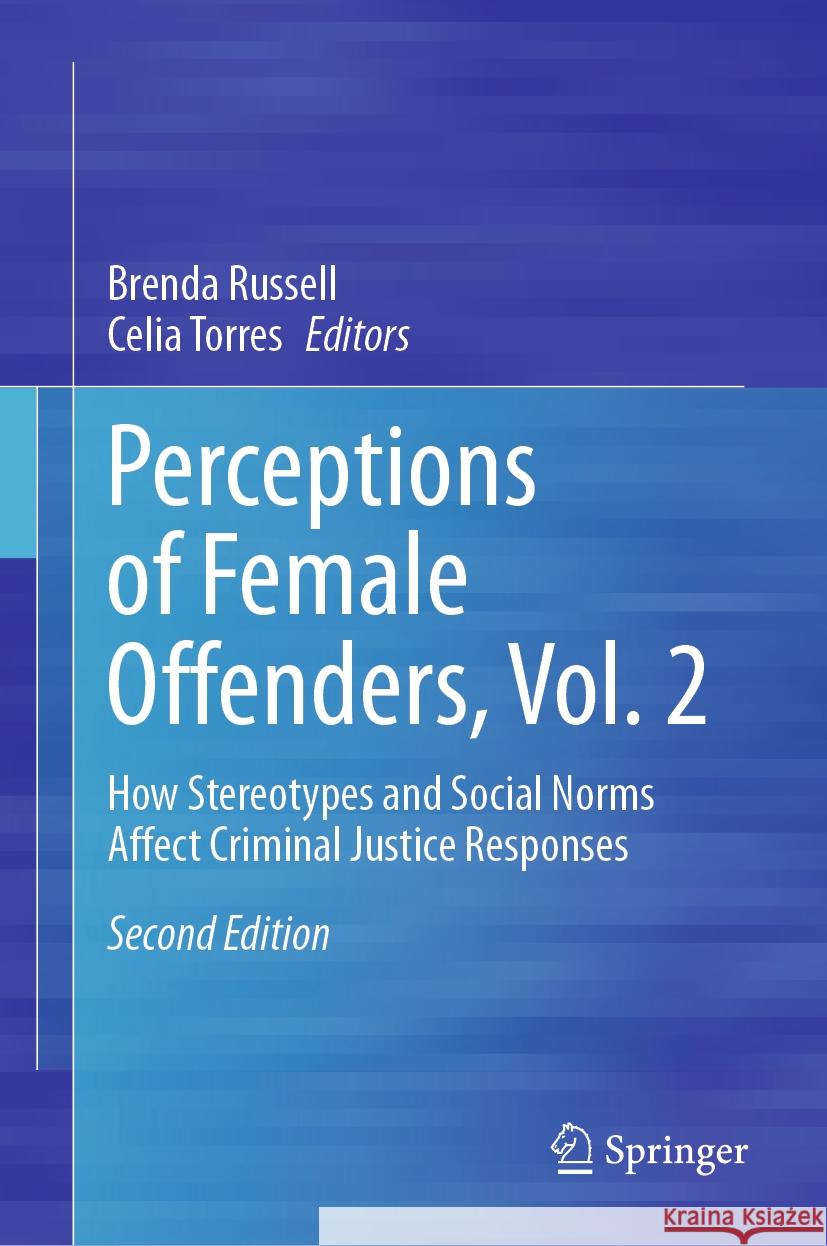Perceptions of Female Offenders, Vol. 2: How Stereotypes and Social Norms Affect Criminal Justice Responses » książka
topmenu
Perceptions of Female Offenders, Vol. 2: How Stereotypes and Social Norms Affect Criminal Justice Responses
ISBN-13: 9783031456848 / Angielski
Perceptions of Female Offenders, Vol. 2: How Stereotypes and Social Norms Affect Criminal Justice Responses
ISBN-13: 9783031456848 / Angielski
cena 563,56
(netto: 536,72 VAT: 5%)
Najniższa cena z 30 dni: 501,19
(netto: 536,72 VAT: 5%)
Najniższa cena z 30 dni: 501,19
Termin realizacji zamówienia:
ok. 22 dni roboczych.
ok. 22 dni roboczych.
Darmowa dostawa!
Kategorie:
Kategorie BISAC:
Wydawca:
Springer
Język:
Angielski
ISBN-13:
9783031456848











